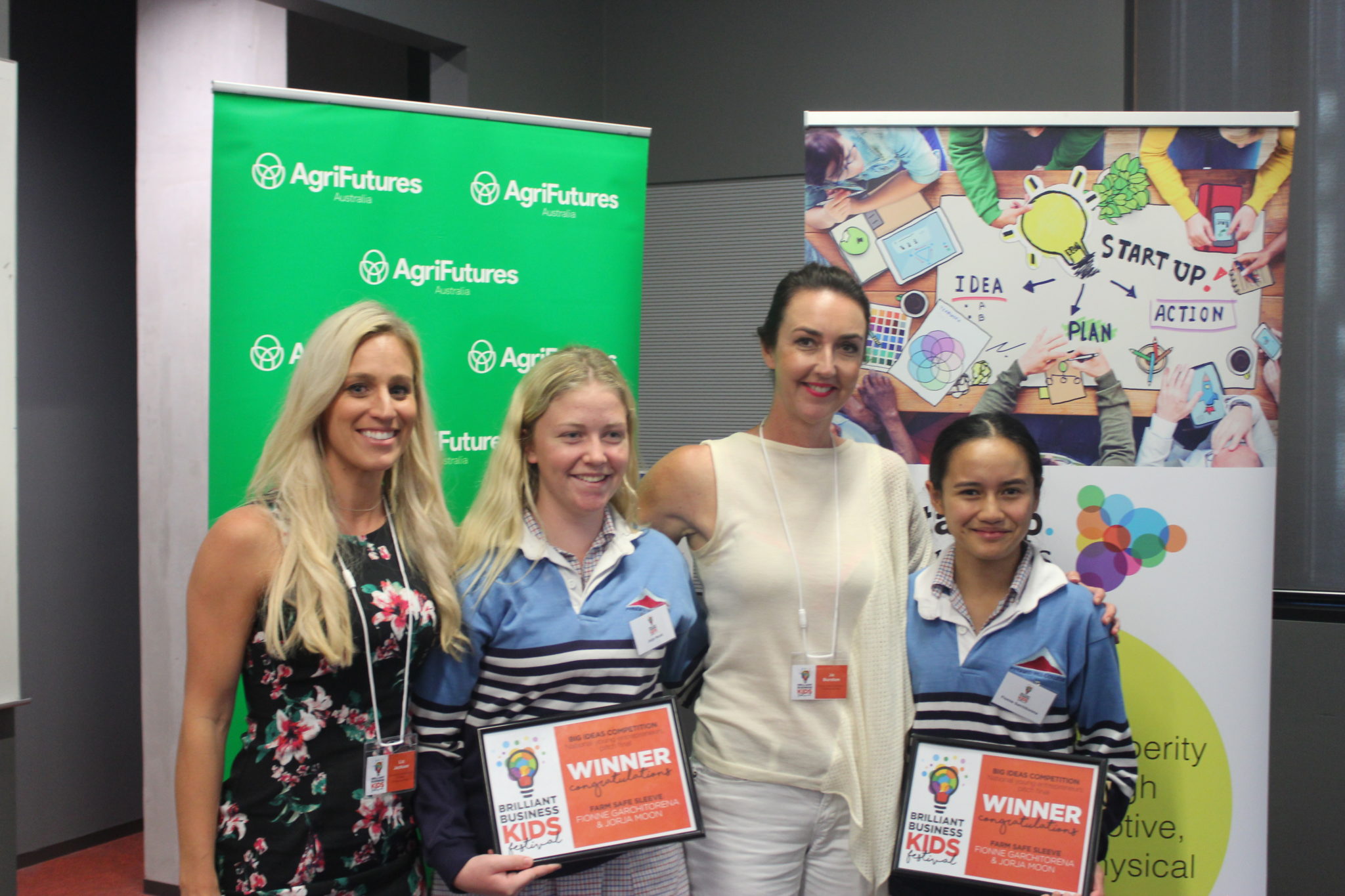The Brilliant Business Kids Festival was the successful culmination of the AgriFutures startup.business pilot program. The program funded seven Australian secondary schools to take part in an exciting education program across one term that taught high school students in rural and regional Australia how to solve problems facing agriculture, using innovation and an entrepreneurial mindset.
Kempsey High school teacher, Gavin Saul said the AgriFutures startup.business program shows young people how the skills and mindset of entrepreneurs can allow them to create their own jobs.
“I thoroughly enjoyed the experience. As a teacher of this pilot program, I was somewhat unsure of the whole outcome, though after experiencing the program and Brilliant Business Kids Festival, the growth of my students and my personal experience has advanced immensely in this area of study.”
The final element of the program saw participating schools gather for the Brilliant Business Kids Festival. The Festival was officially opened by the Parliamentary Secretary to the Premier and Treasurer, Mr Jonathan O’Dea, who spoke about the importance of educating young people on the skills they need to be prepared for entering the workforce of the future.
Lead Facilitator for CSIRO’s ON accelerator programs, Brian Dorricott, delivered the “How to build an idea” session at the Festival.
“I got involved with the Brilliant Kids Festival because agriculture is key for the future growth of Australia and, as a country, we are under utilising the expertise and knowledge of our all communities especially those in rural areas.
“I could see by the engagement and excitement of the students and teachers during the “How to build an idea” session that every nuance was being understood and would be acted upon. The earlier people know this, the greater impact they will have on their future and the prosperity of Australia. I feel privileged to be a small part of their journey,” said Mr Dorricott.









